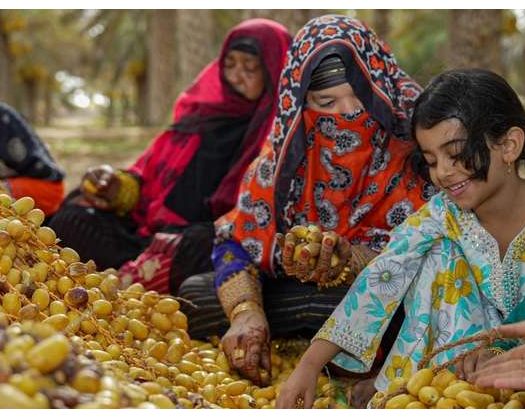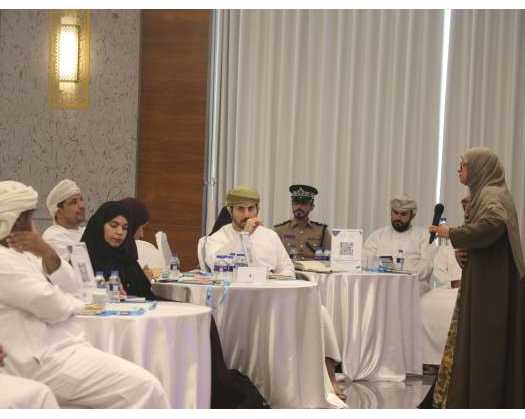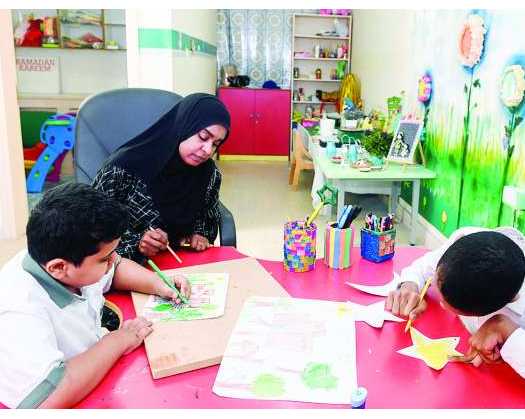The Wilayat of Jaalan Bani Bu Hassan in South Al Sharqiyah Governorate recorded a total production of 7,798 tonnes of Al Mabasli dates in 2023.
The tradition of harvesting and dressing Al Mabasli dates is deeply rooted among the farmers of Falaj Al-Mashaykh village in the Wilayat of Jaalan Bani Bu Hassan. This tradition, passed down from ancestors, plays a significant role in the community.
The income generated from the Al-Mabasli harvest season is crucial for the residents of the wilayat, motivating farmers to diligently care for their palm trees.
The harvest season for Al Mabasli dates typically spans from the end of June to the end of July each year, characterized by a bountiful yield.
Salem bin Sultan Al Araimi, the Director of the Department of Agricultural Wealth, Fisheries, and Water Resources in the Wilayat of Jaalan Bani Bu Hassan, highlighted that there are 115,367 palm trees in the wilayat, resulting in a total production of 7,798 tonnes in 2023, averaging 68 kilograms per palm tree.
The Director of the Department of Agriculture, Fisheries, and Water Resources in the Wilayat of Jaalan Bani Bu Hassan emphasized the collaboration between the Ministry of Commerce, Industry, and Investment Promotion and Nakheel Development Company to purchase various types of basoor. This initiative aims to add value to the products, thereby enhancing economic returns and facilitating exports to international markets.
He highlighted the significant role played by the Ministry of Agriculture, Fisheries, and Water Resources in advancing the date sector. This involves implementing modern farming techniques, safeguarding palm trees through pest prevention programs, conducting research, tissue propagation, and agricultural extension activities.
The Ministry's annual efforts include providing a range of palm varieties to farmers, along with developing protective programs against pests like the palm dubas insect and the red palm weevil, which pose threats to the trees.
In terms of the dressing process, Khamis bin Hamad Al-Mashayikhi from Falaj Al-Mashayikh described the stages involved. The dressing begins once the Al-Mabsley palm fruits turn fully yellow (bisr), followed by harvesting known as "Al-Jaddad." Subsequently, the fruits are transferred to a pot for cooking, then dried on a stove for about 5 to 7 days, depending on external temperatures, before being assembled.









